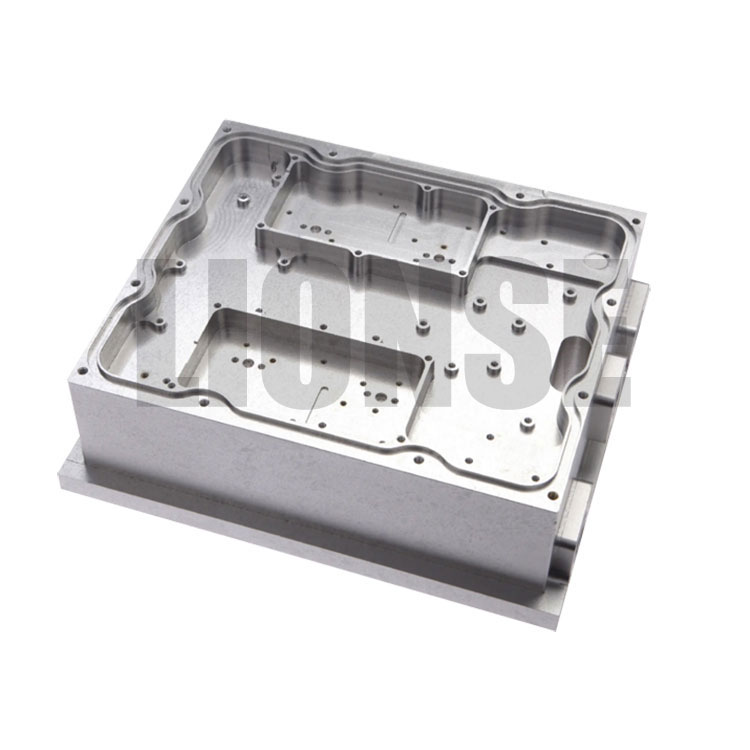CNC Machining Parts: Precision and Efficiency in Modern Manufacturing
2025-06-19
In today’s fast-paced manufacturing world, precision and efficiency are paramount. CNC machining parts have revolutionized how industries produce components, offering unparalleled accuracy, repeatability, and versatility. From aerospace to automotive, electronics to medical devices, CNC machined parts are integral to countless applications. This blog explores what CNC machining parts are, their benefits, and why they remain a cornerstone of modern manufacturing.

What Are CNC Machining Parts?
CNC (Computer Numerical Control) machining parts are components manufactured using CNC machines that automate the control of machining tools. These machines follow programmed instructions to precisely cut, drill, mill, or turn raw materials such as metal, plastic, or composites into complex shapes and designs. The process allows for high accuracy and consistency in producing parts.
Key Advantages of CNC Machining Parts
High Precision and Accuracy
CNC machines can achieve tolerances as tight as a few microns, ensuring parts fit and function perfectly.
Repeatability
Once programmed, CNC machines produce identical parts repeatedly, ideal for mass production.
Complex Geometries
CNC machining can handle intricate designs that are difficult or impossible to achieve manually.
Wide Material Compatibility
From aluminum and steel to plastics and exotic alloys, CNC machining supports diverse materials.
Reduced Waste and Cost-Effectiveness
Efficient material usage and automation reduce waste and lower production costs.
Common CNC Machining Processes for Parts
Milling
Uses rotary cutters to remove material from a workpiece, suitable for flat and complex surfaces.
Turning
Rotates the workpiece while a stationary cutting tool shapes it, ideal for cylindrical parts.
Drilling
Creates precise holes in components.
Grinding
Provides fine finishes and tight tolerances.
Applications of CNC Machining Parts
Automotive Industry
Engine components, transmission parts, and custom brackets.
Aerospace
Structural components, turbine blades, and housings requiring high precision.
Medical Devices
Surgical instruments, implants, and prosthetics.
Electronics
Housings, connectors, and heat sinks.
Industrial Machinery
Gears, shafts, and fittings.
Factors to Consider When Ordering CNC Machining Parts
Material Selection
Choose materials that meet strength, durability, and environmental requirements.
Design Complexity
Ensure your design is optimized for CNC machining to avoid unnecessary costs.
Tolerances
Specify required tolerances based on the part’s function.
Surface Finish
Discuss surface finish needs such as polishing, anodizing, or coating.
Quantity and Lead Time
Plan for production volume and delivery deadlines.
Final Thoughts
CNC machining parts offer a perfect blend of precision, efficiency, and versatility, making them essential in modern manufacturing. Whether you need prototypes or mass-produced components, CNC machining delivers consistent quality and fast turnaround times. Partnering with experienced CNC machining providers ensures your parts meet exact specifications and perform reliably in their applications.


